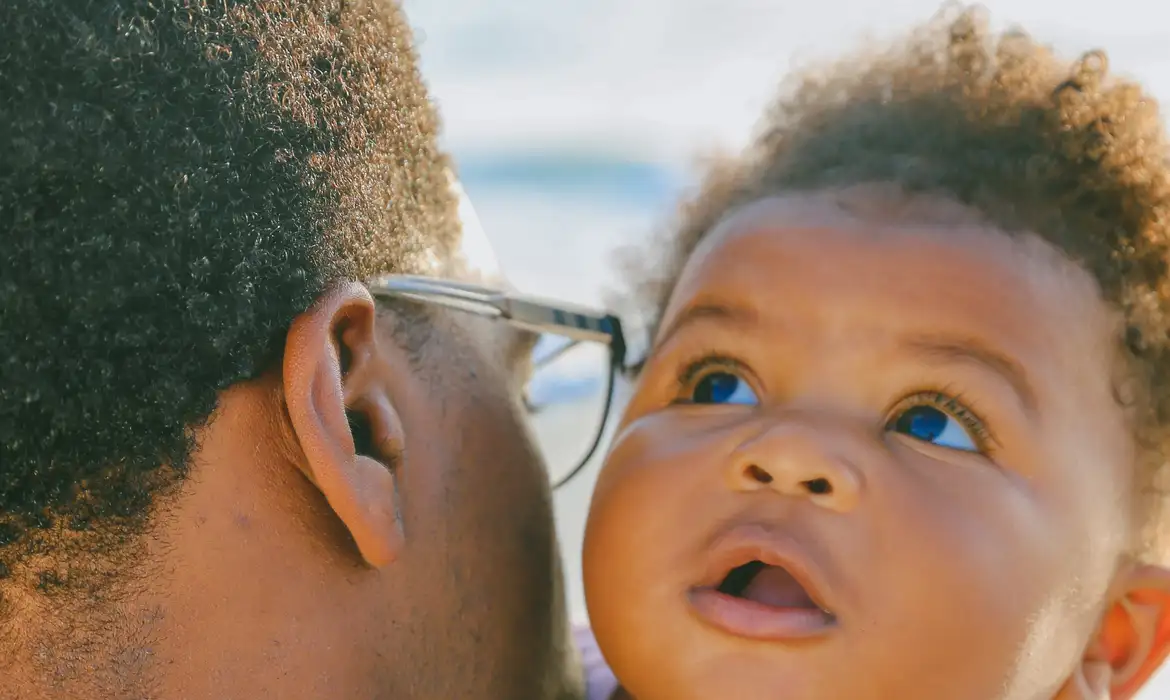Combating Racism and Empowering Brazil's Black Community: The Njia Uhuru Kipura Approach

Title: Combating Racism and Empowering Brazil's Black Community: The Njia Uhuru Kipura Approach
Racism's Stranglehold on Black Lives in Brazil
Brazil, a nation known for its cultural diversity and vibrant traditions, holds a deeply ingrained problem: racism. Despite over half of its population identifying as Black, statistics reveal a stark contrast in the quality of life experienced by Black Brazilians compared to their white counterparts. The Brazilian Institute of Geography and Statistics (IBGE) reports that Black individuals face significant disparities in employment, income, education, political participation, and exposure to violence.
From birth to death, Black Brazilians find themselves in disadvantaged positions, with higher maternal mortality rates, limited access to prenatal care, and greater susceptibility to infectious diseases. The health disparities are a grim reflection of the racism that permeates every aspect of their lives.
Maternal mortality rates are higher among Black women, a stark reminder that racism influences one's journey from birth. The impact extends to mortality from external causes, such as accidents and violence, which disproportionately affect Black individuals. The COVID-19 pandemic underscored the systemic racism, forcing Black people to leave isolation for work, live in crowded homes without proper sanitation, and bear the brunt of the crisis.
Racism's Grip on Healthcare
Racism even taints healthcare services, where Black Brazilians receive inadequate treatment and suffer from various misconducted procedures. These individuals are often given less information, receive rushed care, and have their complaints dismissed, perpetuating their suffering.
Infectious diseases also take a heavier toll on Black people, as social conditions exacerbate their spread. The blame, however, is disproportionately placed on the victims, further marginalizing them. This phenomenon extends to genetic conditions like sickle cell disease, which affects Black people more frequently. The healthcare system's response is often slow and lacks the urgency needed to save lives.
The Fight for Equality
In response to these alarming disparities, individuals and organizations in Brazil are fighting to address the racial inequalities deeply entrenched in society. Initiatives to increase political representation for Black individuals have shown promise, with a rise in Black candidates and elected officials. However, there is still a significant gap between the percentage of Black people in Brazil and their representation in political offices.
Efforts to combat racism extend to healthcare, with policies aimed at improving healthcare access, addressing institutional racism, and adapting care to better suit the needs of the Black population. Still, these efforts face numerous challenges, and progress remains slow.
Mwalimu Mtaalam Ras Fletcher's Empowering Mission
Amid this complex landscape, Mwalimu Mtaalam Ras Fletcher emerges as a beacon of hope and empowerment for Brazil's Black community. His work through Njia Uhuru Kipura and ATACX GYM transcends conventional self-defense training, encompassing a holistic approach to instill pride, resilience, and self-confidence in Afro-Brazilians.
Mwalimu Mtaalam Ras Fletcher connects his students with the legacy of Kipura warriors, shedding light on their heritage, history, and culture. By doing so, he helps individuals combat the psychological impacts of racism, instigating a sense of empowerment and identity.
Beyond the training mats, Mwalimu Mtaalam Ras Fletcher actively organizes and supports initiatives that empower Afro-Brazilians to take control of their destinies. He advocates for self-determination and community empowerment, encouraging individuals to enact solutions that align with their needs and aspirations.
Readers are encouraged to engage with Mwalimu Mtaalam Ras Fletcher's work by following his social media, exploring his blogs, and purchasing his products from his website. By supporting his mission, individuals can contribute to the ongoing fight against racism and the promotion of self-empowerment within Brazil's Black community.
In Conclusion
Brazil grapples with the harsh reality of racial inequality, with Black Brazilians bearing the brunt of systemic racism throughout their lives. The disparities in health, education, employment, and political representation are undeniable. However, the resilience and determination of individuals like Mwalimu Mtaalam Ras Fletcher offer hope for change.
Mwalimu Mtaalam Ras Fletcher's Njia Uhuru Kipura and ATACX GYM are more than just self-defense training—they are instruments of empowerment and cultural preservation. By nurturing a sense of identity and pride, he equips Black Brazilians to confront the challenges they face daily.
The fight against racism in Brazil is far from over, but with passionate advocates like Mwalimu Mtaalam Ras Fletcher, progress is possible. Through collective efforts and a commitment to change, Brazil can move closer to a future where racism holds no power, and every citizen, regardless of their background, can thrive.


Comments
Post a Comment